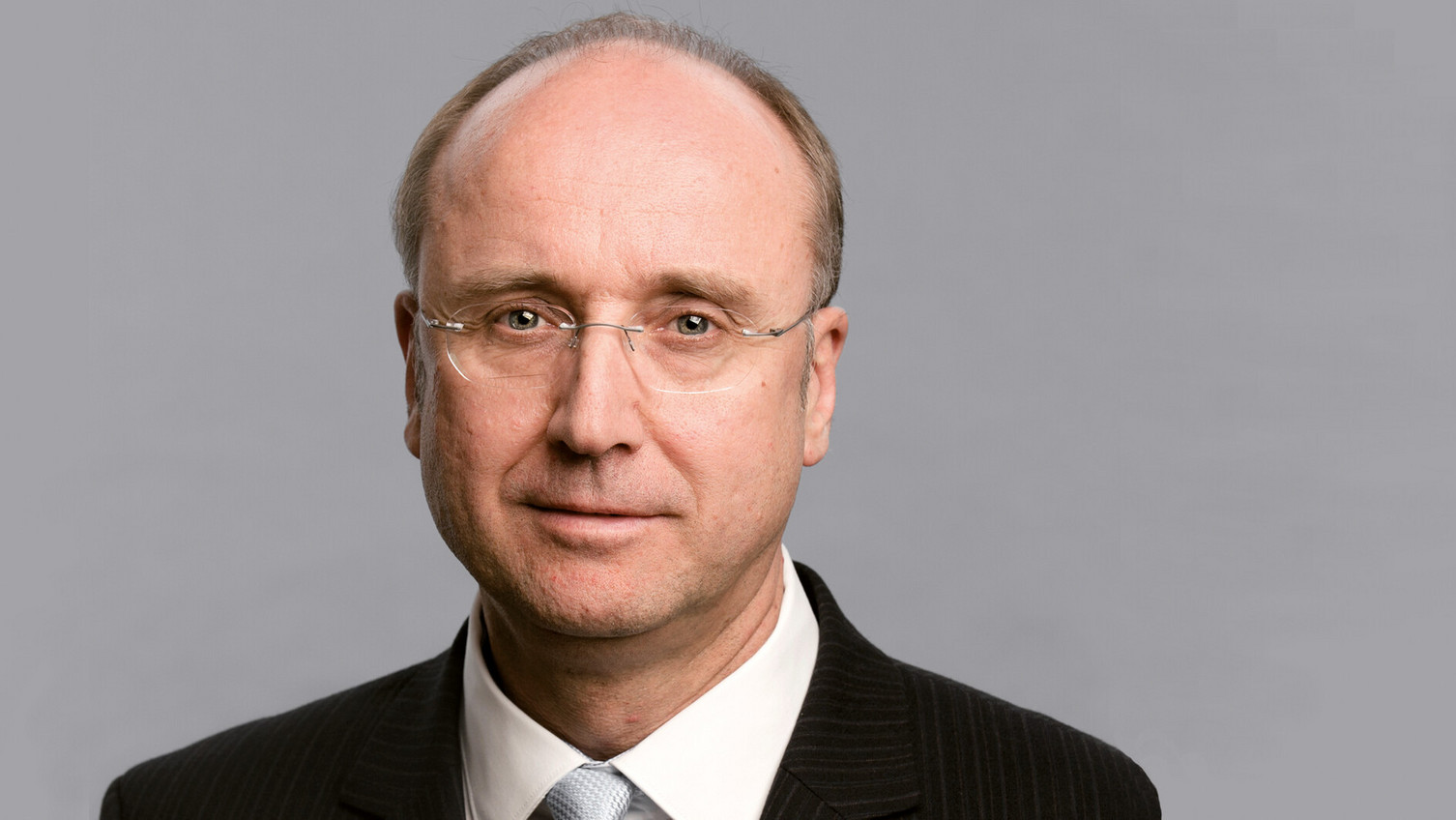Farewell: Prof. Dr Jürgen Deters – Leadership means setting a good example
2022-12-12 The professor of human resource management and leadership looks back on 25 years at Leuphana University. Interdisciplinarity and the linking of theory to practice are always the focus of Deters' research and teaching.
Jürgen Deters' work is characterised by the combination of business administration and psychology. This interdisciplinarity also plays a central role in his current publication: "Analytics and Intuition in the Process of Selecting Talent" will be published by De Gruyter in November 2022. The monograph was written during a research semester at Newcastle Business School in the UK. In it, Deters describes the ways in which human decisions, particularly in management and personnel selection, are based on both analytical and intuitive judgements of people. "At university, we tend to be very analytical - intuitions and emotion are seen as something mystical that should be avoided as much as possible," Deters explains. In scientific assessment, such feelings therefore often have no place - it is different in situations, such as recruitment, where people have to deal with people. "We know from recent findings in neuroscience that we can't just turn off our intuitions and emotions," says Deters. So how can you deal with them constructively in management? The professor of human resource management advocates a cooperative interaction of analytics and intuitions - especially in the area of personnel selection: Thorough analysis forms the basis, "but the final decision as to whether someone really suits me and the team is an intuitive one. And there is a lot of wisdom in these intuitions," says Deters, "because personnel selection decisions are ultimately relationship decisions and as such they need to be underpinned by intuition."
After completing his doctorate at the Free University of Berlin, the professor of human resource management gained practical professional experience at Allianz AG and as head of human resources and executive development at the Hamburg publishing house Gruner + Jahr. Today, in addition to and also after his work at the university, he works as a management trainer and coach for various companies. As a university lecturer, linking theory and practice means above all application-oriented thinking for Jürgen Deters: "Research should have an impact on practice," he thinks. This also applies to teaching: "I have always tried to support the students in their self-leadership skills," explains Deters, "you can only lead other people well if you can lead yourself well." Leadership, he says, means setting a good example. "A lot of companies have big problems with mental illness at the moment," Deters cites, "if I as a leader am not able to take care of myself and act as a role model, I can hardly implement that with my employees either. I have to exemplify it myself, it has something to do with integrity and credibility."
Now the transition to retirement is about to take place, step by step - for good reason: "I wrote a book in 1988 on the 'smooth transition to retirement'," Jürgen Deters says. For a healthy transition into retirement, it is best for many to "slide out" slowly. Deters now wants to take this to heart himself: "I want to stay active, continue to teach at the university, and continue to be active as a coach and consultant. I'll stay on the ball, but I'll do less - just gradually.
Jürgen Deters completed his studies in business administration and psychology in Berlin with a doctorate on "Human and Business Administration. On the Development and Critique of Behavioural Business Administration as an Individualistic Scientific Concept" and subsequently headed the DFG project "Retirement Policy as a Personnel Management Strategy". This was followed by professional activities at Allianz AG and Bertelsmann AG. In 1997 he was appointed to the professorship of Human Resource Management and Leadership. As a professor at the Faculty of Management and Technology, he coordinated, among other things, the Master's programme in Management and Human Resources, which he helped to establish, spent research stays in Mongolia, Silicon Valley, Australia and Great Britain, and teaches in the field of Human Resource Management and Leadership.

